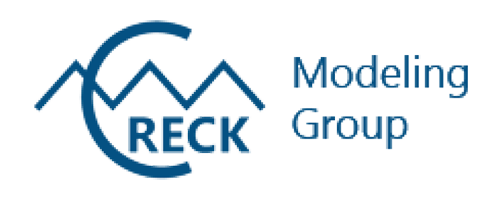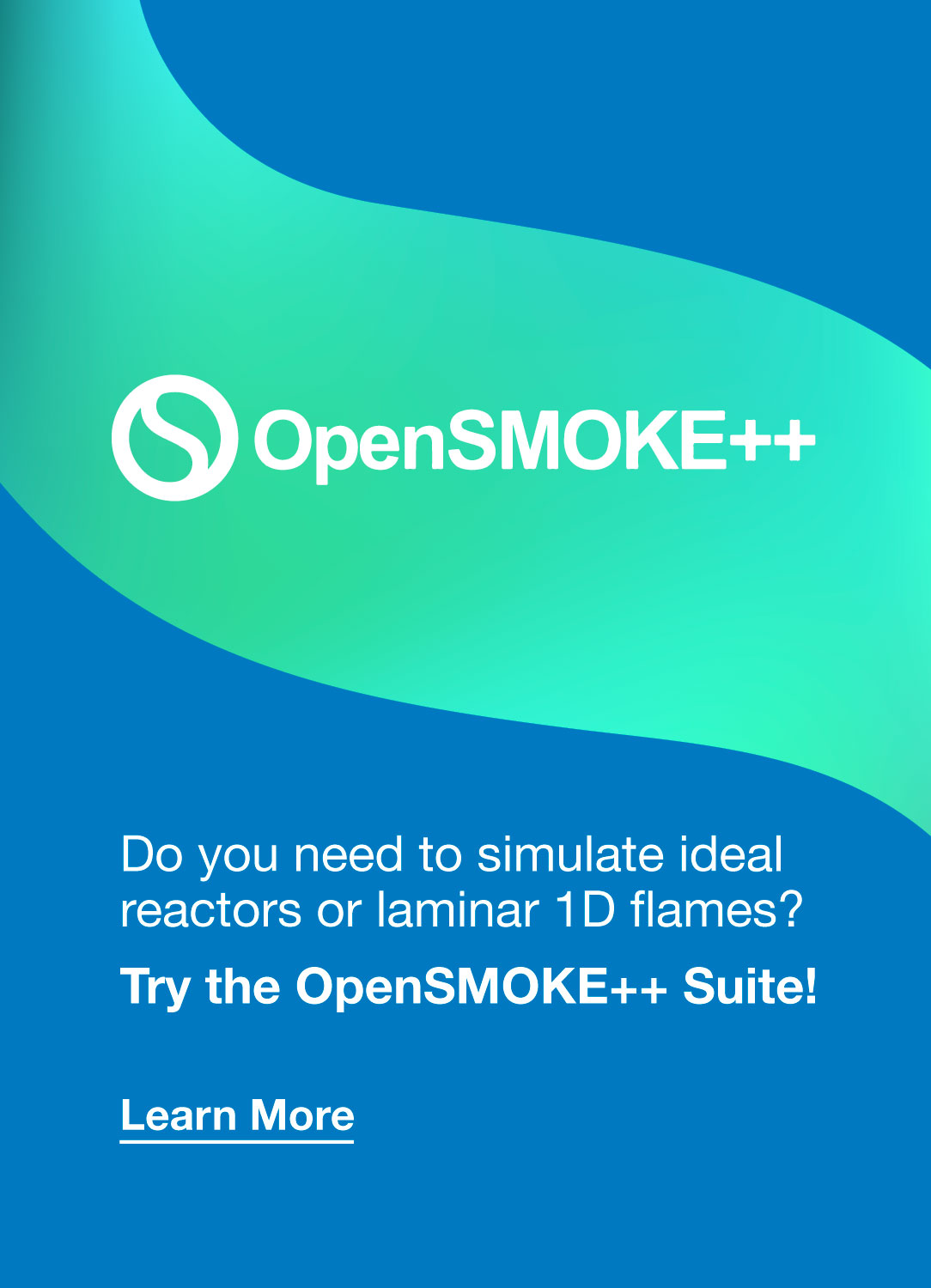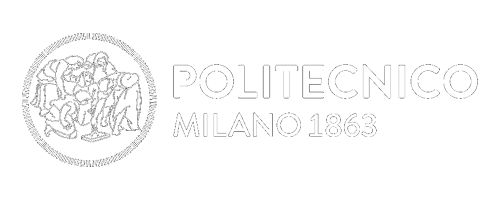Optimisation of jet fuel surrogates
- Homepage
- WORK WITH US
- Master Thesis
- Optimisation of jet fuel surrogates
Optimization of jet-fuel surrogates
Context and Objectives
Aviation is a sector where technologies alternative to fossil fuels are not expected to become available in the near future. For this reason, the efficient exploitation of the currently available resources is mandatory. However, the development of new engines and new fuels is characterized by a large number of expensive experimental tests. To ensure the reproducibility, the preliminary tests are carried out using surrogates of the fuels, i.e. mixtures with simple and defined composition whose properties are similar to the ones of the fuel of interest.
The object of this thesis work is to expand and improve a Matlab® framework to ease the surrogate evaluation and screening procedures. The code requires as input only the properties of the real fuel and a palette of chemical compounds, among which it will choose the ones to formulate the surrogate.
Methods and Tools
The Matlab® framework uses a combination of several optimization algorithms, with multiple linear and non-linear constraints. Meta-models based on different techniques (Kriging models, polynomials, radial basis functions, artificial neural networks) are adopted for speeding-up the calculation of surrogate properties such as laminar flame speeds, ignition delay times, etc. Familiarity with the Matlab® environment is required. Previous knowledge of C and/or C++ is also recommended.
Contacts



